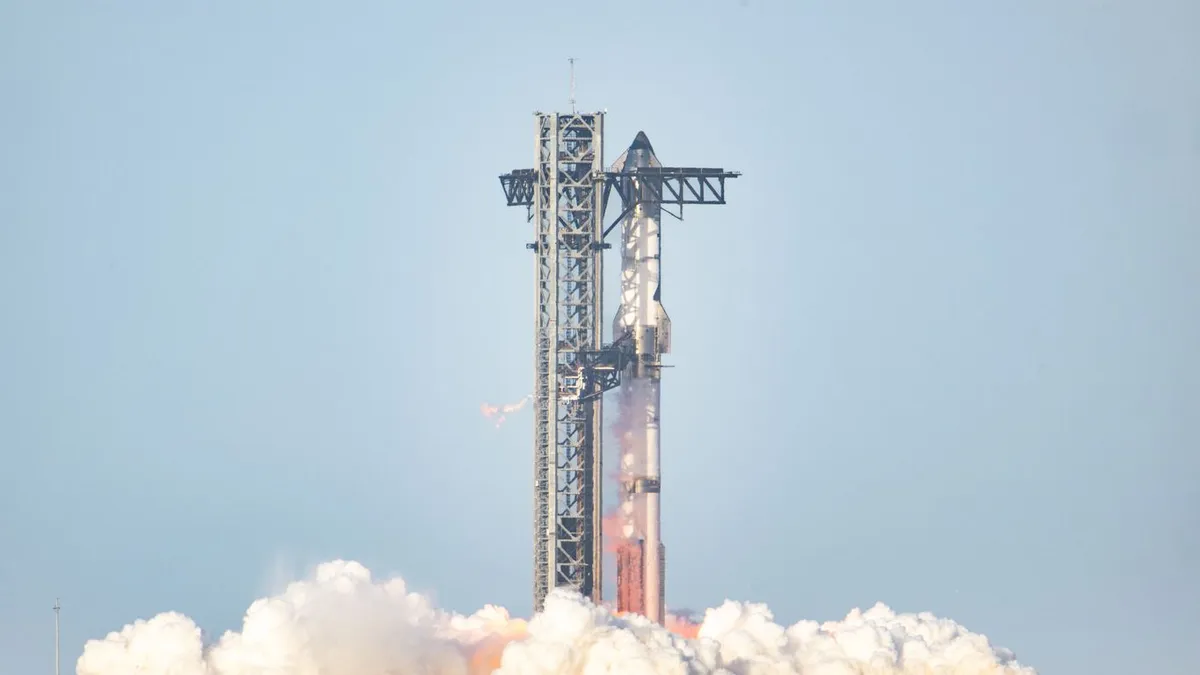
In a significant setback for SpaceX, the company's Starship rocket exploded midflight during its eighth test flight, marking the second failure of the year. This incident has raised concerns not only about the rocket's performance but also about its impact on air traffic in Florida.
The recent test flight of the Starship spacecraft was intended to showcase advancements in its design and capabilities. However, shortly after launch, the upper stage of the rocket lost control, leading to a catastrophic explosion. This failure has prompted discussions about the reliability and readiness of the Starship program.
As a result of the explosion, the Federal Aviation Administration (FAA) temporarily halted flights to several airports in Florida to ensure safety in the airspace. This disruption not only affected commercial airlines but also caused delays for numerous travelers, highlighting the ripple effects of space launch activities on everyday life.
The SpaceX Starship has faced multiple challenges in its test flights. This latest explosion follows a pattern of setbacks as the company continues to refine its technology. The booster catch system, which was successfully executed during previous tests, remains a bright spot amidst the difficulties faced during the upper stage flights. However, the repeated failures underscore the complexities involved in developing a fully operational spacecraft.
Despite the challenges, SpaceX remains committed to the development of the Starship rocket. The company is actively analyzing the data from this test flight to enhance safety measures and performance for future launches. While setbacks are part of the testing process, the ultimate goal is to achieve a reliable spacecraft capable of interplanetary travel.
As SpaceX continues its journey towards revolutionizing space travel, the aerospace community and enthusiasts alike are watching closely, hopeful for successful launches in the near future.